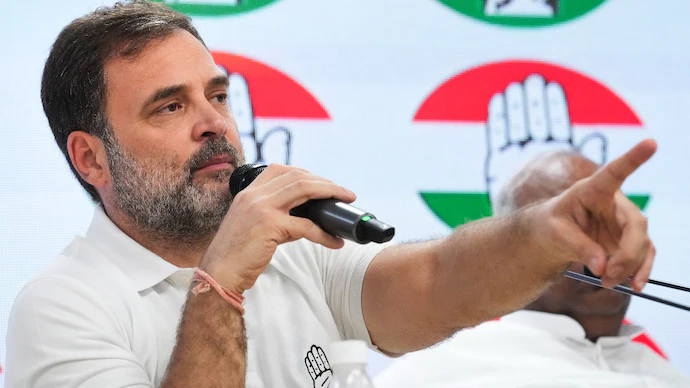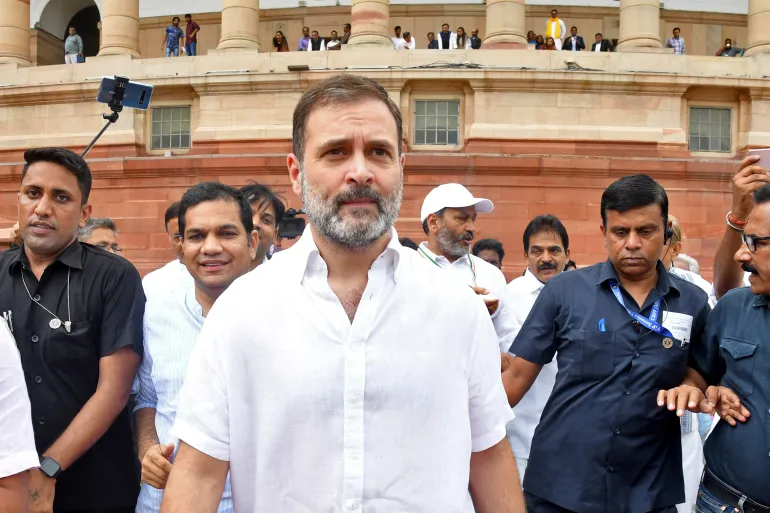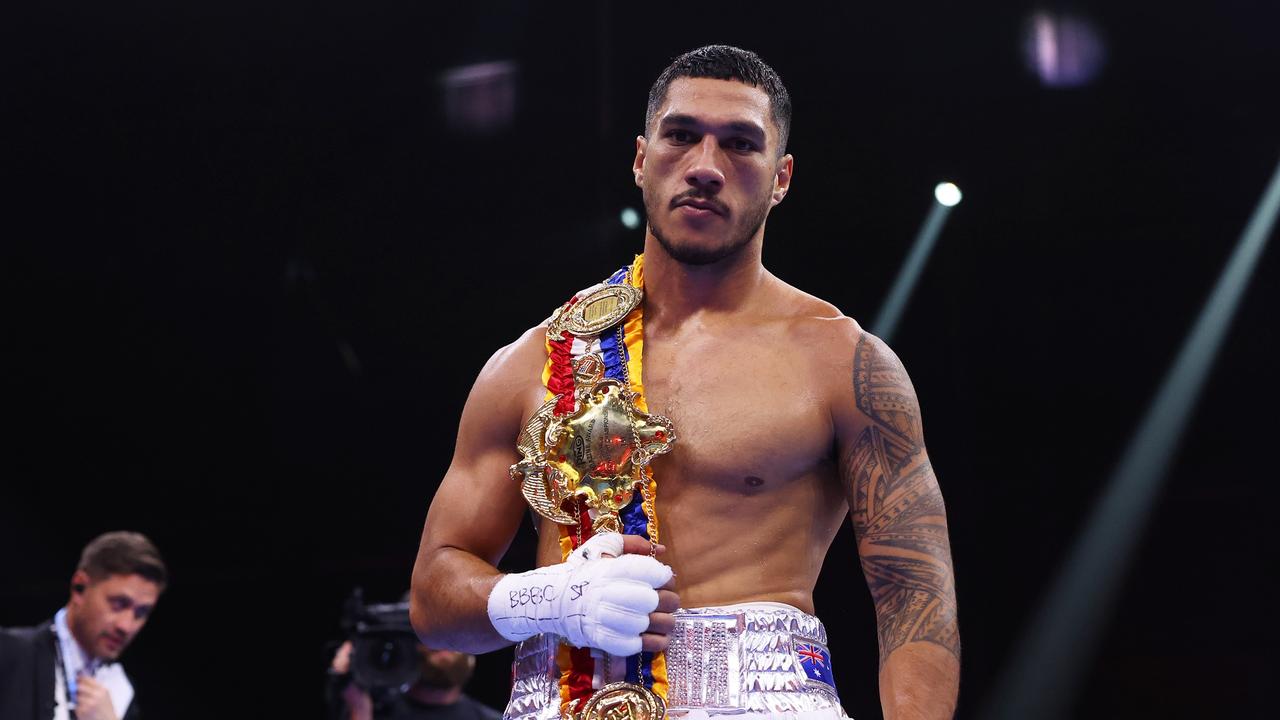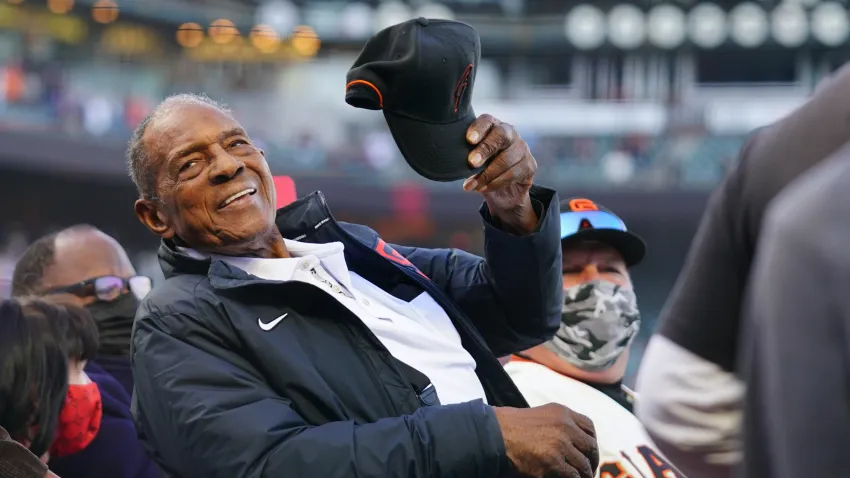
Rahul Gandhi, born on June 19, 1970, is a prominent Indian politician and a member of the influential Nehru-Gandhi family. As a scion of one of India’s most powerful political dynasties, his career has been marked by significant highs and lows. Gandhi has served as the President of the Indian National Congress (INC), a major political party in India, and has been a Member of Parliament for several terms. His political journey reflects a blend of privilege, expectation, and intense scrutiny. This article delves into Rahul Gandhi’s early life, political career, key contributions, controversies, and his ongoing role in Indian politics.
Contents
Early Life and Education Rahul Gandhi

Rahul Gandhi was born in New Delhi, India, into the prominent Nehru-Gandhi family. He is the son of Rajiv Gandhi, a former Prime Minister of India, and Sonia Gandhi, an influential political leader. His grandmother, Indira Gandhi, and great-grandfather, Jawaharlal Nehru, were also former Prime Ministers of India. The political legacy of his family deeply influenced his upbringing.
Rahul Gandhi completed his early education at St. Columba’s School and The Doon School in India. He then moved abroad for higher education, studying at Rollins College in Florida, where he completed his Bachelor’s degree under the pseudonym “Raul Vinci” to maintain anonymity due to security concerns. He later earned a Master’s degree in Development Studies from the University of Cambridge in the UK.
Entry into Politics
Rahul Gandhi officially entered politics in 2004, contesting from the family stronghold of Amethi in Uttar Pradesh in the general elections. He won the seat with a significant majority, marking the beginning of his political career. His entry was seen as a rejuvenation of the Indian National Congress, which was struggling at the time.
In his early years, Gandhi was perceived as a reserved and hesitant politician. However, he gradually took on more responsibilities within the party, focusing on grassroots-level politics and youth engagement. He was instrumental in reviving the Indian Youth Congress (IYC) and the National Students’ Union of India (NSUI), aiming to infuse fresh energy into these organizations.
Leadership Roles and Contributions
Vice President of the Indian National Congress
In 2013, Rahul Gandhi was appointed the Vice President of the Indian National Congress. This position allowed him to play a more active role in party affairs and policy formulation. As Vice President, he emphasized the need for internal democracy within the party and worked towards promoting transparency and accountability.

2014 General Elections
The 2014 general elections were a critical juncture for Rahul Gandhi and the Congress party. Despite a spirited campaign, the Congress suffered a historic defeat, winning only 44 seats in the Lok Sabha fatcai (the lower house of India’s Parliament). The Bharatiya Janata Party (BJP), led by Narendra Modi, secured a landslide victory. This defeat was a significant blow to Gandhi’s leadership and raised questions about his effectiveness as a political leader.
President of the Indian National Congress
In December 2017, Rahul Gandhi succeeded his mother, Sonia Gandhi, as the President of the Indian National Congress. His presidency was marked by efforts to revive the party’s fortunes, focus on youth and women, and address issues such as unemployment, farmer distress, and corruption.
2019 General Elections
The 2019 general elections were another major challenge for Rahul Gandhi. Despite an aggressive campaign and attempts to unify the opposition, the Congress once again faced a crushing defeat, with the BJP winning an even larger mandate than in 2014. Rahul Gandhi lost his traditional stronghold of Amethi, although he won a seat from Wayanad in Kerala.
Following the 2019 defeat, Rahul Gandhi resigned as the Congress President, taking responsibility for the party’s poor performance. His resignation led to a period of introspection and internal turmoil within the party.
Key Issues and Advocacy
Throughout his political career, Rahul Gandhi has focused on several key issues:
Gandhi has been a vocal advocate for social justice and inclusion, emphasizing the need to uplift marginalized communities, including Dalits, tribals, and minorities. He has consistently spoken against caste-based discrimination and has supported policies aimed at ensuring social equity.
Economic Development

Gandhi has advocated for inclusive economic development that benefits all sections of society. He has highlighted issues such as unemployment, agrarian distress, and the need for robust social safety nets. His focus on the plight of farmers and laborers has been a recurring theme in his speeches and policy proposals.
Women’s Empowerment
Promoting women’s empowerment has been a significant aspect of Rahul Gandhi’s political agenda. He has supported measures to increase women’s participation in politics and has emphasized the importance of education and economic opportunities for women.
Anti-Corruption
Rahul Gandhi has positioned himself as a crusader against corruption, often targeting the ruling BJP for alleged corrupt practices. He has called for greater transparency in government dealings and stronger anti-corruption mechanisms.
Controversies and Criticism
Rahul Gandhi’s political journey has not been without controversies and criticism. He has often been criticized for his perceived lack of decisiveness and leadership skills. Detractors have labeled him as inexperienced and out of touch with the ground realities of Indian politics.
His frequent foreign trips and periods of absence from active politics have also drawn criticism, leading to accusations of being a part-time politician. Additionally, his public speeches and gaffes have sometimes been fodder for political opponents and the media.
Recent Developments and Future Prospects
Despite the setbacks and challenges, Rahul Gandhi remains a significant figure in Indian politics. He continues to be an influential leader within the Congress party and has been actively involved in political campaigns and public discourse.
In recent times, Gandhi has taken a more aggressive stance against the BJP government, particularly on issues like economic management, handling of the COVID-19 pandemic, and alleged erosion of democratic institutions. His social media presence has grown, and he frequently uses platforms like Twitter and Instagram to communicate with the public and express his views.
The future of Rahul Gandhi’s political career is closely tied to the fortunes of the Congress party. As the party seeks to regain its footing in Indian politics, Gandhi’s role as a leader and his ability to adapt to the changing political landscape will be crucial.
Conclusion Rahul Gandhi
Rahul Gandhi’s political journey is a complex and evolving story of a man born into privilege and burdened with immense expectations. His career has seen moments of promise, significant challenges, and continuous efforts to reshape his image and that of his party. As he navigates the turbulent waters of Indian politics, Rahul Gandhi’s legacy will be shaped by his resilience, vision, and ability to connect with the diverse and dynamic populace of India.
Read More Article About “Banyana Banyana: The Rise of South Africa’s Women’s Football Team“







